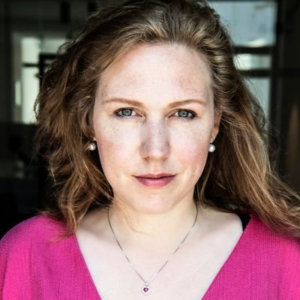The EU has set up a 723,8 billion euro recovery fund to help member states boost their post-pandemic economy. How much is your country getting? Do you know where to dig in to find out how the money is being distributed and used? How do you find out how and where the investment plans were made, and if there is any democratic control of how these billions are spent? Where are the red flags you should pay attention to?
That is the theme for this masterclass, which you should attend, if you want to dig into the EU recovery funds.
Wide criticism has been heard about how the investment plans were made, and in several countries is has been very difficult to get access to the proceedings. In some cases, national parliaments have not been properly involved, and there has been little debate on the priorities of the plans. Now the money is rolling out to the member countries. What are the plans, where does the money go, and who controls that it is properly spent?
A cross-border team of journalists are already looking into some of the numbers and will stand by to help you find your story. We will get an overview of the data and background and be inspired by stories that have been investigated around Europe.

The masterclass is coordinated by Lise Witteman, a former Dutch political reporter, who specialises in following the paper trails of the European decision-making processes – from the interests of (national) politicians and lobbyists and their influence on EU policy, to the way the money of EU citizens is being spent.
Lise is keen to share her knowledge with other European journalists, either within a joint investigation or by providing courses and workshops. Therefore she has initiated the setup of an EU-desk in Brussels with the Dutch investigative platform Follow the Money.
This desk consists of three EU-specialists. It’s their job to join, set up and coordinate European investigative projects and to carry out research regarding the EU-institutions. Their first big investigation: following the money trails of the Recovery and Resilience Fund.
